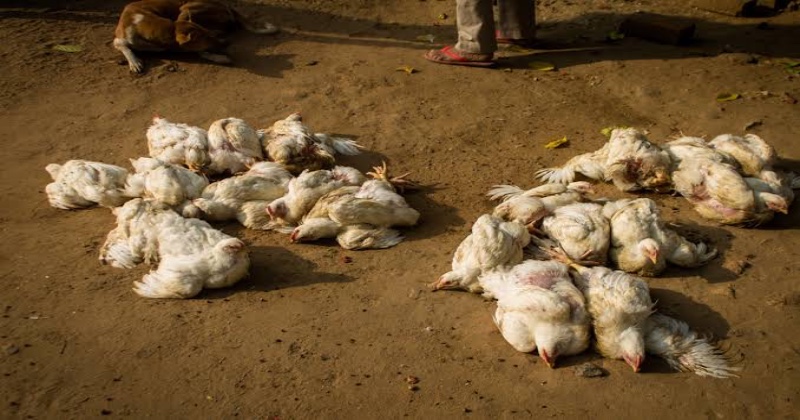
In an effort to eliminate Highly Pathogenic Avian Influenza (HPAI), commonly known as ‘bird flu,’ India has chosen to implement internationally recognized strategies without resorting to vaccinations. This approach has yielded positive results, with 26 poultry farms successfully declared free of HPAI through these methods, and another 10 farms soon to follow suit.
The World Organisation for Animal Health, a global regulatory agency, has recently endorsed India’s diligent efforts in this regard. Parshottam Rupala, the Minister of State for Animal Husbandry, Dairying, and Fisheries, emphasized India’s commitment to maintaining high standards of animal health and biosecurity. India, being the third-largest producer of eggs and the fifth-largest producer of poultry meat worldwide, stands to benefit significantly from this accomplishment.
Previously, the lengthy nature of the protocol had inadvertently led to the illegal vaccination market. The poultry industry, representing 851 million birds in India, had persistently sought preventive measures against avian influenza to safeguard their vast poultry populations. Bird flu poses a substantial threat, with detrimental impacts on the poultry industry, the livelihoods of farmers, international trade, and the health of wild birds. India’s strategy for bird flu control primarily involves a ‘detect and cull’ approach, which includes the destruction of affected animals.

Post Your Comments